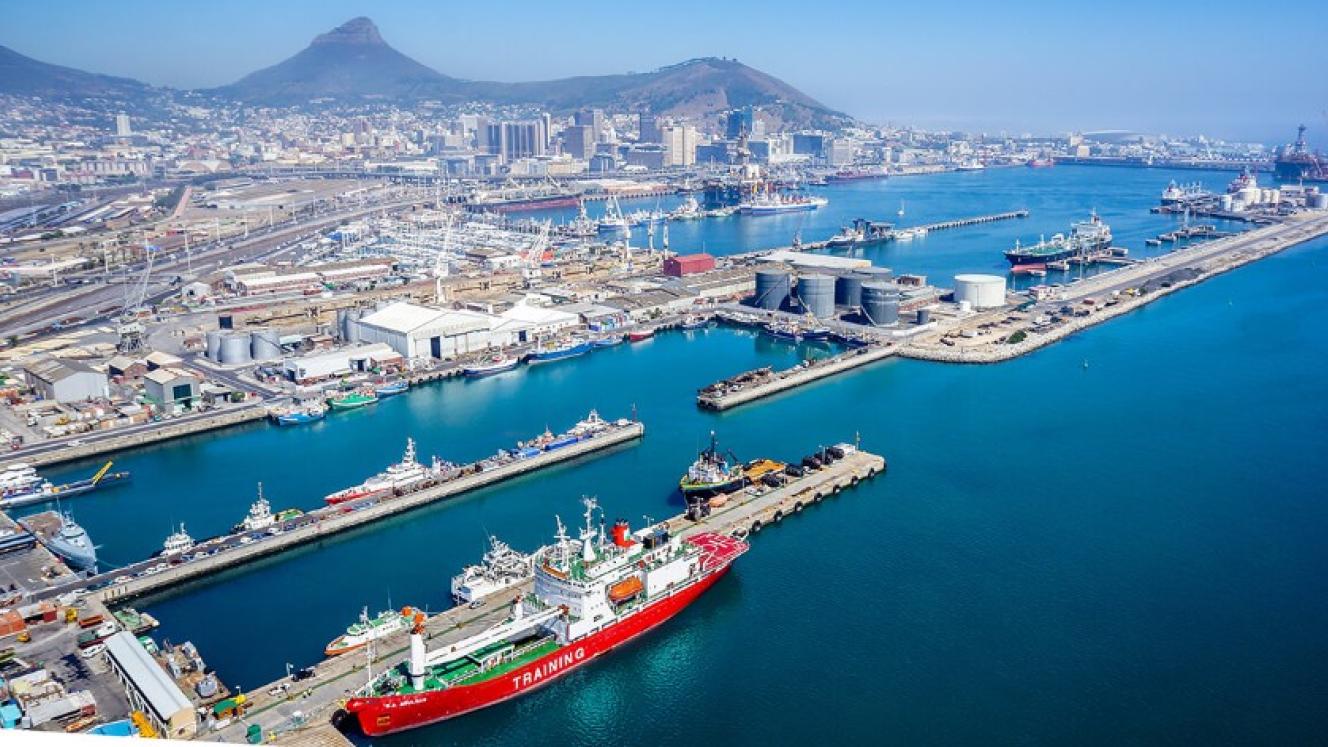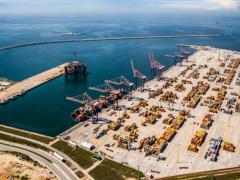Growing cargo volumes on rail between Cape Town and Johannesburg is high on the agenda of Transnet Freight Rail. Senior executives of the state-owned freight rail operator spent several days in Cape Town last week meeting with key industry stakeholders, manufacturers and other relevant parties as part of its strategy to grow rail volumes on the Cape Corridor (Capecor). “Our research shows that there is significant potential for growth on this corridor,” said TFR CEO Siyabonga Gama. “Through alliances this potential can be fully exploited to yield positive results not only for logistics but the greater South African economy.” He said initial indications showed that the biggest potential on the corridor was from the intermediate manufacturing sector, finished palletised goods, agriculture and rural extraction type products. Speaking at a media function in the Mother City, Gama said in the first three years of the organisation’s market demand strategy (MDS), a programme that will see it invest R312 billion in infrastructure upgrades across the various Transnet entities, the initial focus had been on the heavy haul system including the iron ore line from Sishen to Saldanha, the movement of manganese and the coal line through to Richards Bay. At the same time concerted efforts had been made to attract general cargo volumes back to rail, but with a focus on the Natal Corridor (Natcor). “We have made tremendous progress in that regard and volumes are increasing on the Natcor line. It has been a slow process but we have worked closely with business and industry for value chain development and growth in order to create competitive supply chains through alliances and close collaborations with customers, the private sector and government.” Gama said it was time to increase the focus on Capecor and grow volumes on the line. “The line is definitely not being utilised to its full potential and we think much can be achieved in the agriculture and FMCG sectors.” He said they were targeting both exporters and importers. “The Port of Cape Town has a distinct advantage in that all American service shipping lines first call Cape Town. It is then another six days before they arrive in Durban and so there is major opportunity for discharge in Cape Town, using rail to get cargo to Johannesburg before the vessel even reaches Durban,” he said. Domestic traffic could also be increased, especially in light of the thriving Western Cape manufacturing sector, he added. INSERT & CAPTION The line is definitely not being utilised to its full potential and we think much can be achieved in the agriculture and FMCG sectors. – Siyabonga Gama












